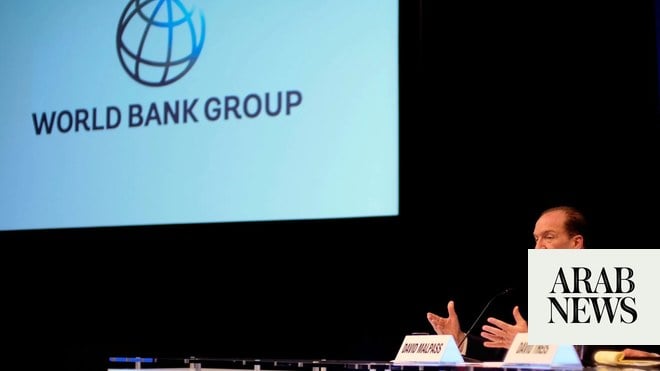
Senior Whitehall officials are concerned that Jeremy Hunt now risks going too far in cutting public spending and should delay the Halloween statement outlining his austerity plans, the Observer has been told.
Simon Case, the cabinet secretary, is understood to have been made aware of concerns that the chancellor risks going too far in cutting back spending if he decides to go ahead with a sweeping programme of reductions.
Some in the Treasury are understood to be among those to believe that it would be “irresponsible” to present the promised medium-term fiscal plan at the end of the month. It would come just days after the appointment of the new prime minister, risking further uncertainty over the stability of the proposals.
In particular, Whitehall concerns have emerged over any move to delay infrastructure investment seen as crucial to Britain’s ability to secure economic growth in the years ahead. In the short term, there is nervousness that slashing increases to welfare payments would risk tipping the UK into recession.
However, some of those with concerns believe Hunt has deliberately come out hard in favour of swingeing cuts in order to reassure the markets and lower Britain’s borrowing costs. Lower borrowing costs will actually help shrink the size of the fiscal hole that Hunt is required to fund.
“Some are worried that Hunt is going beyond where the Treasury is suggesting in terms of cuts,” said a source. “There’s a danger that this pushes the economy into either a deeper recession or stops the chances of building long-term growth through capital investment in projects and infrastructure. The view of many is that we don’t need to do the statement on 31 October and that Jeremy is basically going a little bit far.”
More tax increases and spending cuts are being considered by Hunt and his Treasury team as they draw up their plans. Some sources believe that even with additional measures, there is still a fiscal hole to fill of more than £30bn. Measures being examined include holding down overseas aid to 0.5% of GDP for longer than anticipated, freezing income tax thresholds and performing another major U-turn by sanctioning a wider windfall tax on energy companies. A promised increase in defence spending is also having to be re-examined.
It comes after Hunt junked Liz Truss’s entire leadership pitch in an extraordinary televised address on Monday. In it, he slashed the energy price freeze which the prime minister had repeatedly championed, even as her premiership was crumbling. Hunt used the address to state that the 20p basic tax rate would remain indefinitely, sweeping away the proposed 1p cut and opting not simply to delay it. Changes to dividend taxes, a VAT-free shopping scheme and a freeze on some alcohol duties were dropped.
The statement effectively installed Hunt as the government’s most powerful figure, as MPs plotted to oust Truss. There is now a debate taking place within the Conservative party over whether his position as chancellor is guaranteed, whoever finally wins the leadership. The leadership contender Penny Mordaunt has let it be known that she would keep Hunt in place as a reassuring figure for the markets. However, senior Tory sources said last night that he was not irreplaceable should Johnson or Sunak win the leadership.
“The entire new social contract with the public, especially in the north-east and north-west [of England], is based on more investment in roads, hospitals and universities and everything else,” said one party source. “That is literally the kind of Johnsonian agenda that Rishi as chancellor pushed for. People are assuming too much that we have to keep Hunt as chancellor. It’s obviously completely open to Rishi to move Hunt, not least because the markets will be reassured by Rishi as leader. If it’s Boris, he could make Rishi chancellor and nobody would blink.”
A Treasury source warned that, according to current declared plans, the fiscal hole remained around £40bn and pointed out there was already a windfall tax on fossil fuel producers, though did not rule out its expansion. “The chancellor understands that whoever wins, savings will need to be made,” they said. “We’re committed to holding [the medium-term fiscal plan] on 31 October.”
They said that the Bank of England’s monetary policy committee meets to discuss interest rates on 3 November, making the 31 October date for the chancellor’s statement important.












